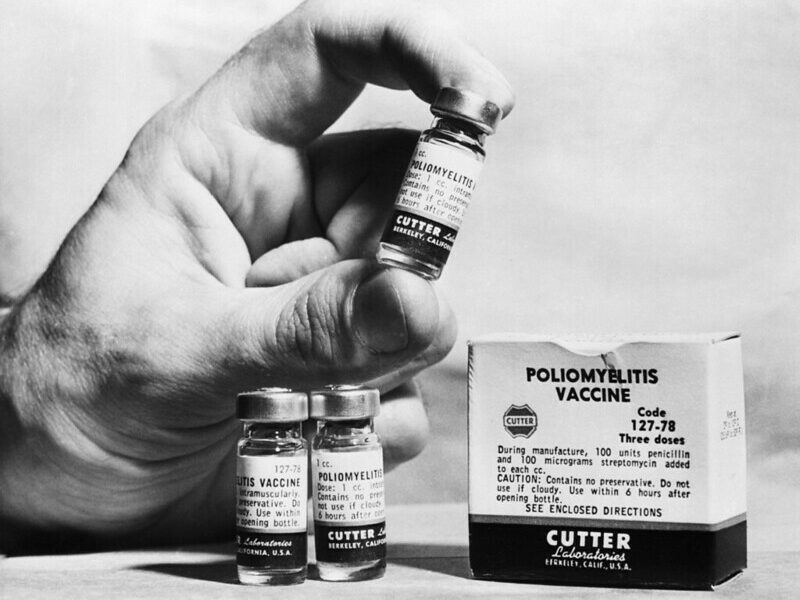The Lagos State Government confirmed on 22 February that measles was responsible for an outbreak of Febrile Rash Illness (FRI) in southwestern Nigeria. The outbreak began in January 2016 and resulted in the deaths of over 20 children in the Ikate, Lekke area of Lagos [1]. A second outbreak, responsible for 23 deaths and over 300 cases [2], was reported on February 25 in the state of Sokoto, in the north of the country.
According to Lagos state Commissioner for Health, Dr. Jide Idris, children from the affected communities had not been immunized against measles during the state’s recent vaccination campaign. Mass emigration into Lagos state has made it difficult for the government to keep track of all communities in need of health services, leading to some of these communities being overlooked and under vaccinated. He also stated that malnutrition in the area likely played a role in the severity of symptoms in the infected children [3]. Dr. Sani Labaran, Executive Secretary of Sokoto’s Primary Healthcare Development Agency, attributed the outbreak in his state to the parents of affected children rejecting immunization over the past three years, and likewise expressed the importance of proper nutrition [4].
Measles is a highly contagious disease caused by infection with the measles virus, which belongs to the paramyxovirus family, and is spread through the air or through direct contact with infected individuals. Its symptoms are typically mild, and most commonly include a fever and a widespread skin rash that occurs about 14 days after exposure to the virus. Symptoms generally last for five to six days. However, the virus can result in serious complications in certain vulnerable populations, such as blindness, encephalitis, and pneumonia. Malnourished children, as well as those with compromised immune systems, are the groups at greatest risk of experiencing severe measles. While measles has a relatively low fatality rate overall, up to 10% of cases can result in death in areas lacking adequate health care, which results in higher death rates occurring in developing countries [5].
An effective vaccine against measles virus infection was first introduced in 1963, and widespread vaccination campaigns have lead to a 78% decrease in worldwide cases of the disease since 2000. Despite the success of these campaigns, there are still 20 million cases of measles worldwide each year, with 95% of deaths occurring in countries with weak health infrastructures [6]. There is a need to ensure that all communities are accounted for during immunization exercises to prevent future outbreaks and child deaths. Currently, the Sokoto government is working toward improving vaccine efficacy by providing access to cold storages for rural areas so that the vaccines can be properly refrigerated. They have also been leading enlightenment campaigns and working closely with religious and traditional leaders in the area in order to decrease skepticism about the safety and efficacy of vaccines among parents [7].
- http://www.news24.com.ng/National/News/lagos-confirms-death-of-20-children-from-measles-20160223
- http://saharareporters.com/2016/02/25/measles-outbreak-leaves-23-children-dead-sokoto-state
- http://allafrica.com/stories/201602260760.html
- http://allafrica.com/stories/201602230354.html
- http://www.who.int/mediacentre/factsheets/fs286/en/
- http://www.who.int/immunization/topics/measles/en/
- http://www.premiumtimesng.com/regional/nwest/199221-sokoto-announces-immunisation-one-million-children-measles.html
